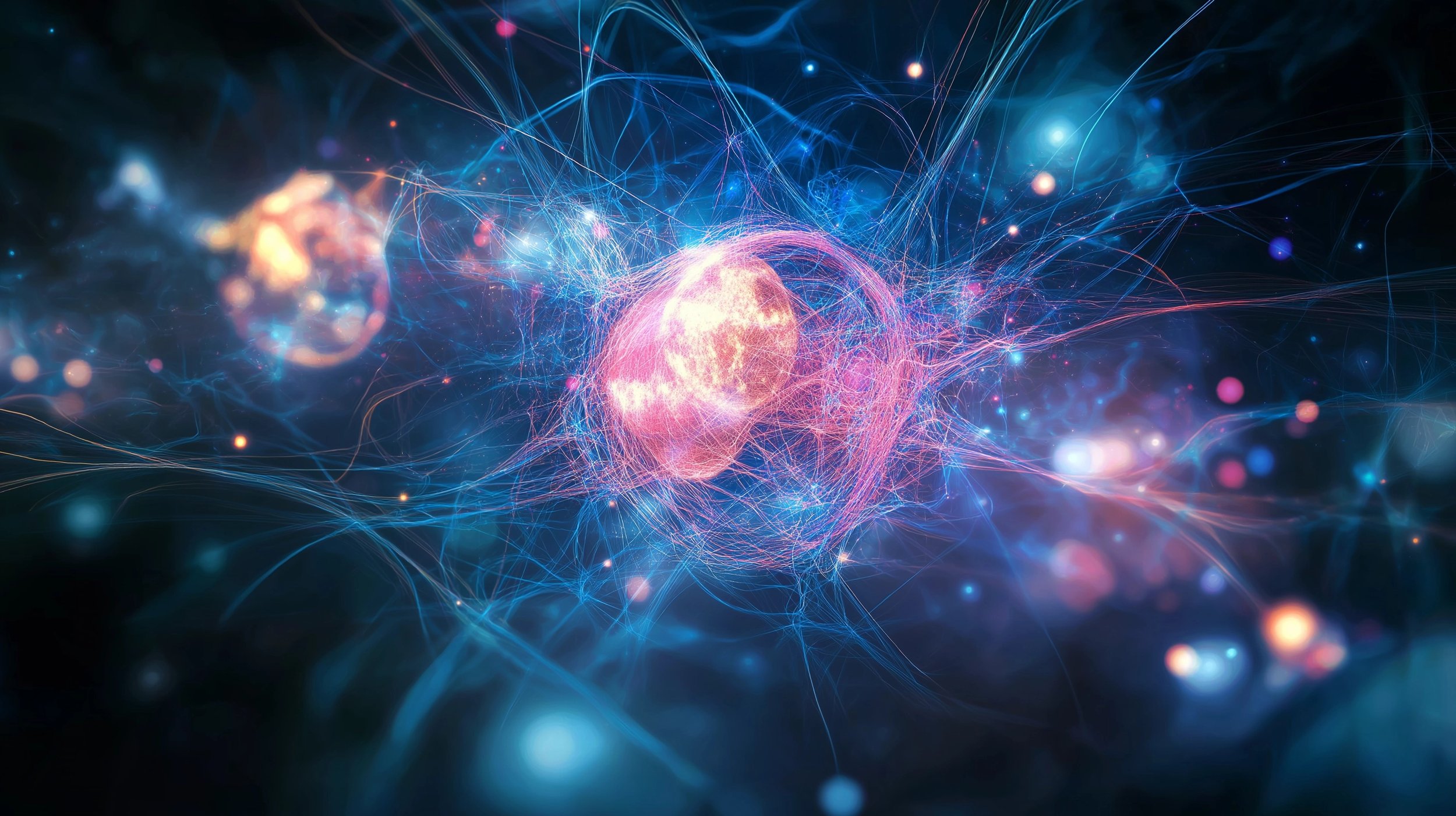Research Areas
Light in Quantum neurobiology
We investigate the intriguing intersection of quantum biology and optical phenomena, focusing on how light interacts with neuronal structures. By studying the optical properties of key structures in neurons, we aim to reveal new insights into brain function and its underlying quantum mechanisms. Our research bridges the fields of quantum physics, molecular biology, and neuroscience, setting the stage for future experimental validation and innovative therapeutic approaches.
Magnetics in Quantum Neurobiology
Our lab conducts both theoretical and experimental research on magnetic field and isotope effects in neurobiology, focusing on spin dynamics through the radical pair mechanism. We investigate how magnetic fields influence cognitive processes and neuronal activity by modulating spin-dependent biochemical reactions. Our theoretical models guide experimental studies to uncover the underlying quantum effects in neural function. This interdisciplinary approach aims to advance our understanding of brain processes and potential therapeutic applications.
Chemicals in Quantum Neurobiology
We use computational and experimental approaches to investigate how chemical agents (such as anesthetics, psychedelics and nerve agents) are related to the onset, exacerbation, or rescue of neuroinflammation and neurodegeneration. This involves identifying chemical targets, where they are targeted, and how they affect protein function and interactions at the quantum molecular level. We also explore how optical phenomena and magnetic field effects may be enhanced or diminished by the presence of these chemicals.




